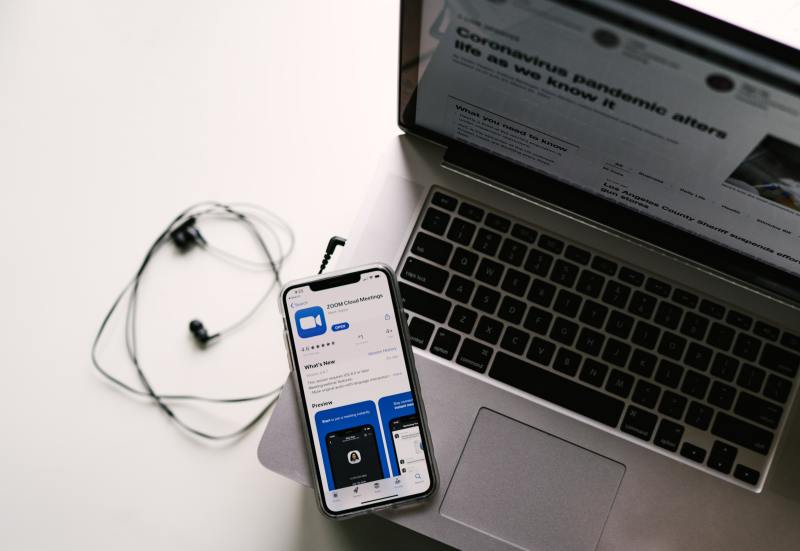
With the emergence of COVID-19, most countries around the world have closed down schools or turned their classes to online only. To help organizations to educate students and keep business operating amid of pandemic, Zoom.us offered Zoom Video Conference Tool/Software to all K-12 Schools (Students, Teachers, Administrators) for Free. Zoom has always been free for everyone to use, but basic subscription only allows 40 minutes of limited time and could not host more than 100 participants at a time, but Zoom has lifted these limits for the K-12 Schools. Zoom recorded 62 million downloads during the week of March 14th to the 21st
But amid an increase in demand for the online conferencing tool, there have been increased complaints about an issue of privacy. Zoom is distinguished for how easy it is for people to access meetings. Only a shared URL was needed to enter, and people can join anonymously. However, this has created a significant amount of privacy issues.
The FBI recently warned of so-called "Zoom-bombing," or videoconference hacking. "The FBI has received multiple reports of conferences being disrupted by pornographic and/or hate images and threatening language," the bureau said.
In today's warning, the FBI's Boston field office describes the hijacking incident involving local schools that were using Zoom to conduct online classes. "In late March 2020, a Massachusetts-based high school reported that while a teacher was conducting an online class using the teleconferencing software Zoom, an unidentified individual(s) dialed into the classroom. This individual yelled profanity and then shouted the teacher's home address in the middle of instruction," the FBI said.
To improve privacy issues, Zoom has recently updated default settings, which enables conference hosts to set waiting rooms and to ensure that hosts are the only ones to distribute the contents on the meeting screen.
As a security safety measure against such episodes, the FBI has given a set of rules to implement while conducting videoconferencing.
First, when utilizing Zoom for online study classrooms, instructors are encouraged to make gatherings private and require a secret key or utilize the lounge area to control the admittance of additional people.
Second, connections to a video chat or study hall ought to be sent legitimately to individual members and never should be freely accessible on an online networking post.
Finally, those dealing with a gathering in Zoom should update the screen sharing choice to "Host-Only."



















